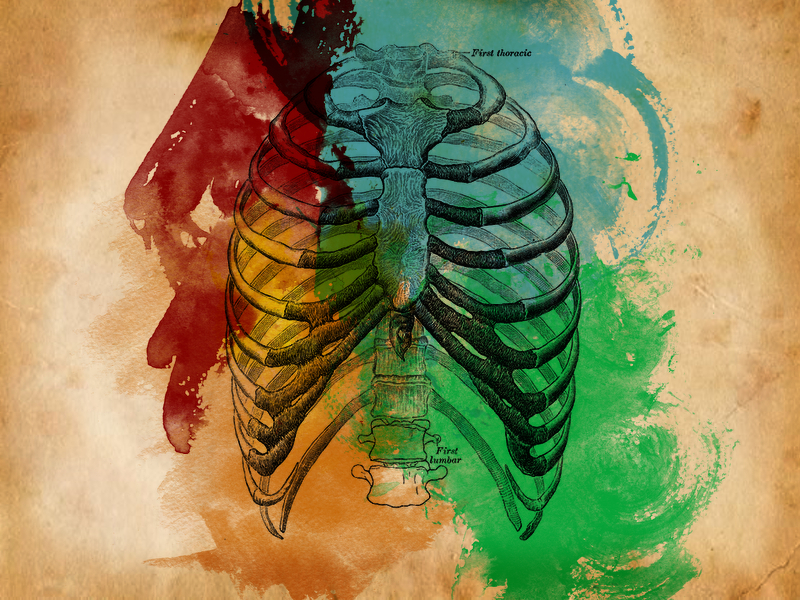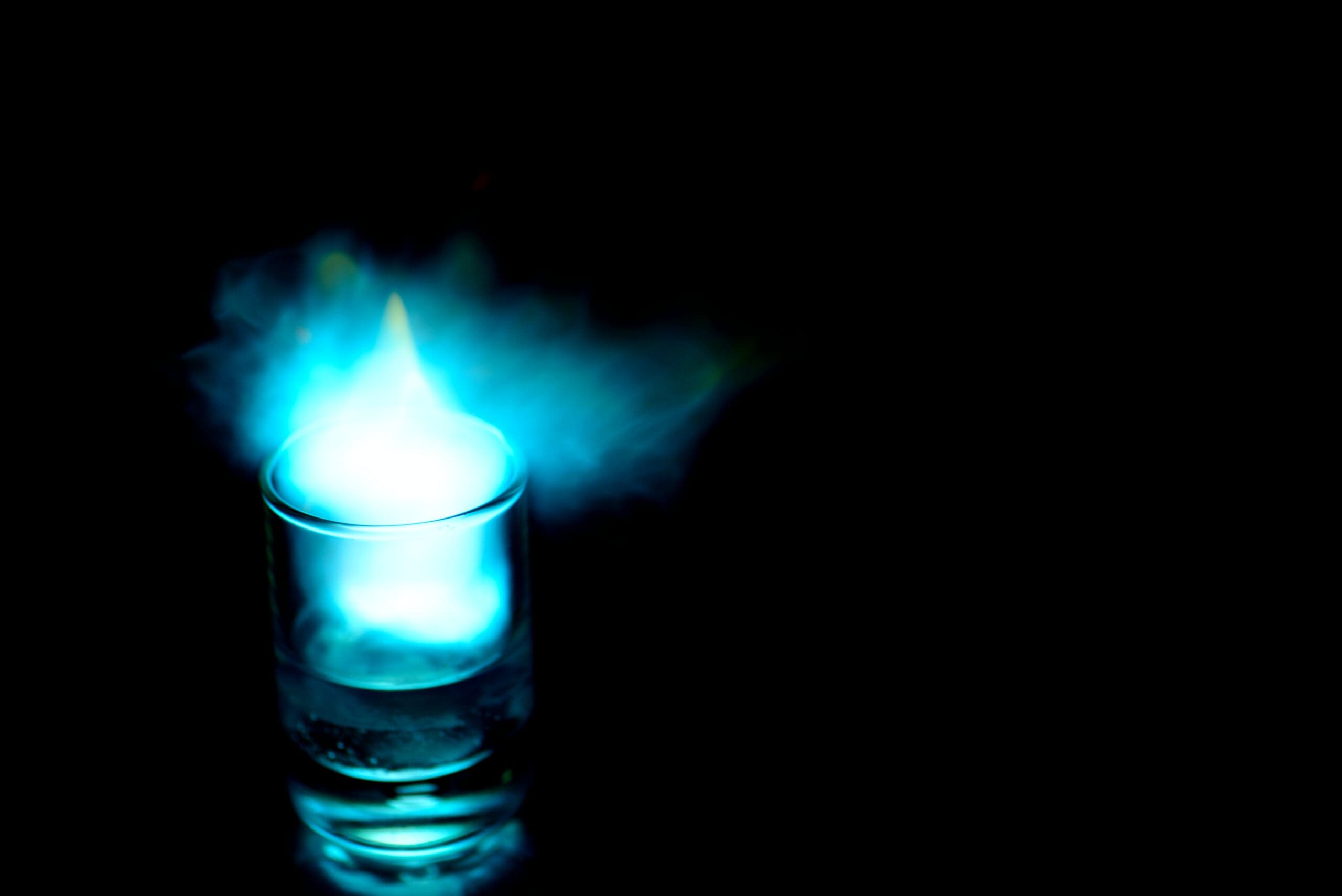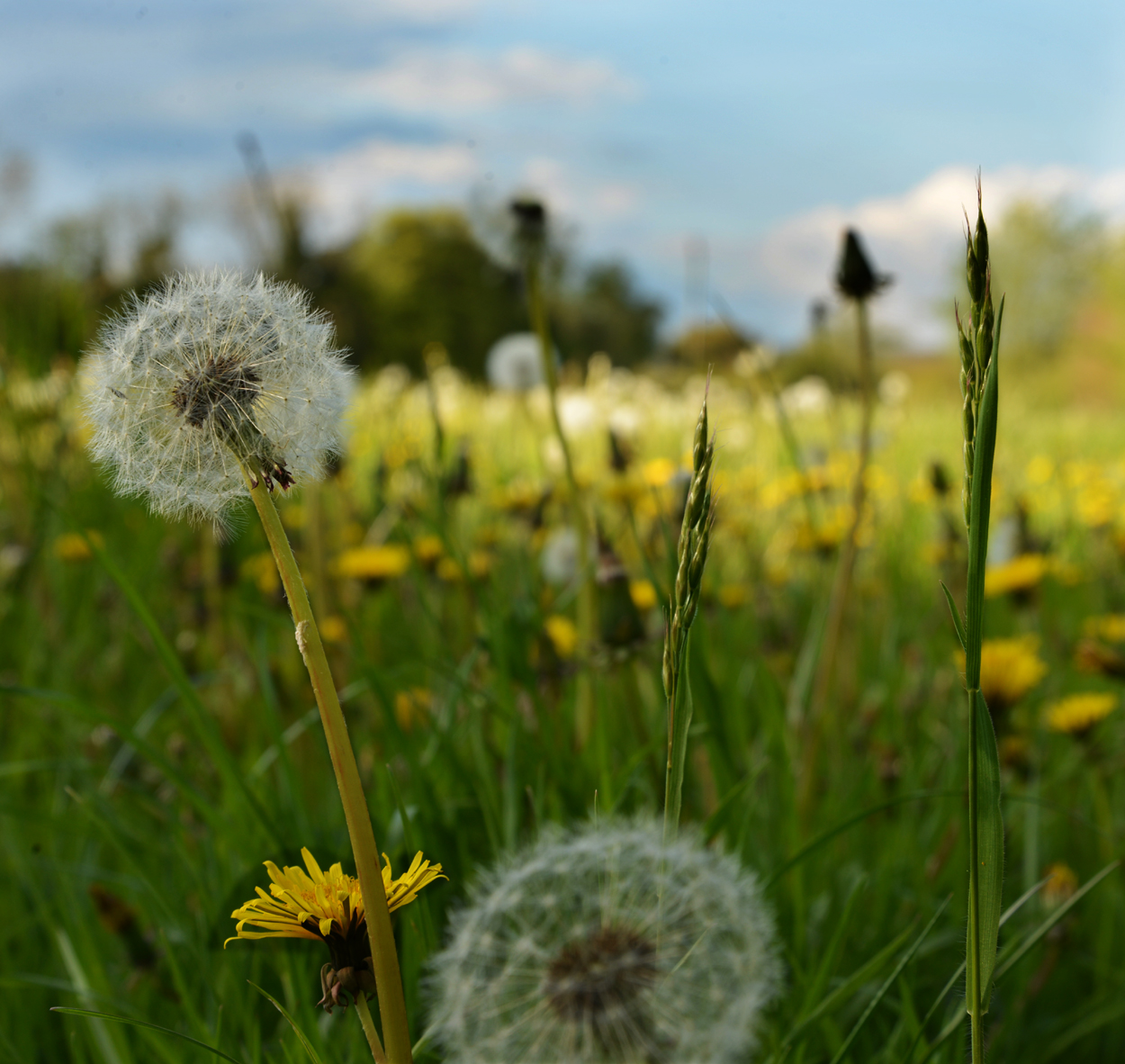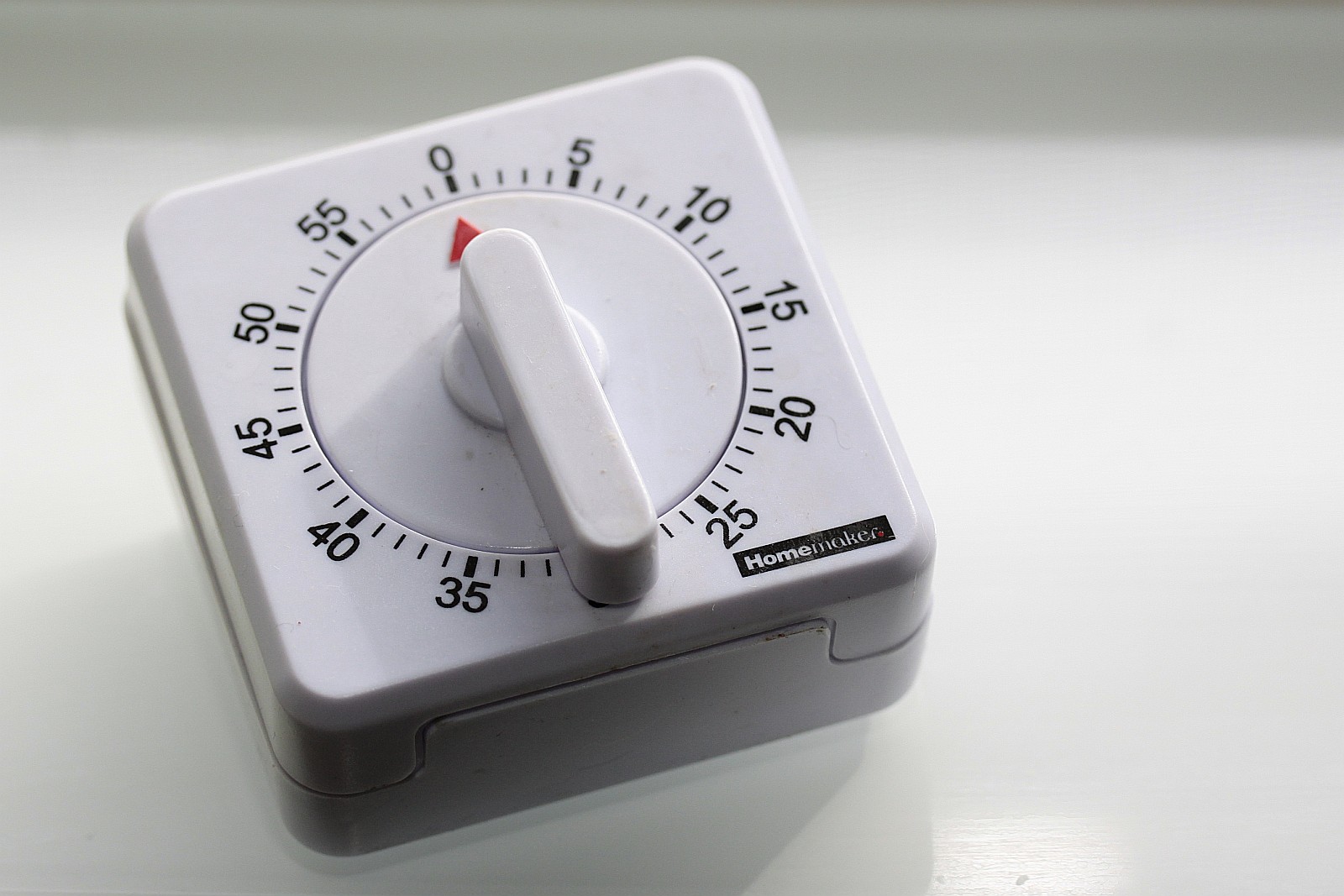I lost my heart last night. It must have happened in my sleep. I didn’t notice at first, but when I looked in the mirror this morning I saw the big, black, gaping hole in my chest. My shirt had a hole to match, which was a shame because it was my favorite shirt.
I reached my hand in through the hole. I could feel my lungs, soft and spongy, and if I reached in far enough I could feel my spine. I never realized I was ticklish on the inside.
I shoved my hand down further. My stomach, liver and kidneys were all accounted for, but I couldn’t find the heart anywhere.
Maybe it fell out at the party last night. There were so many people and the music was so loud. I could have dropped it in the punch bowl. But I don’t remember.
I don’t remember things sometimes. Michelle always gets on me about that. Saying that I’m going to lose my head one day. But it’s still there. My heart. That’s the problem, Michelle. Michelle… She was at the party last night. I remember. She told me to take it out and put it inside the grand piano. It would make her music sound better. She always wanted her music to sound better.
I felt around inside one last time in hopes that maybe I just missed something, but I didn’t. I slithered my arm out through the hole. Its big black mouth stared back at me in the mirror. I hated it. If Michelle did this, I hated her. If she didn’t, I still loved her.
I grabbed the sides of my ribs and pushed. They cracked back into place causing my lungs to rub together. I’m pretty sure lungs aren’t supposed to touch, but it would have to do, until I found my heart again.
The tattered edges of my t-shirt rested on my chest. I couldn’t believe it was ruined.
* * *
I once knew a woman who kept her heart in her purse.
She always sat at the park with a Tupperware container full of breadcrumbs in her lap. Pigeons would always gather at her feet, but she never gave them anything.
One day I sat down next to her because there was nowhere else to sit. All the other benches were occupied by chatter.
“Why aren’t you feeding them?” I asked.
“I don’t want to,” she said.
“Why not?” I asked. “You brought the breadcrumbs.” She didn’t respond. She clutched the Tupperware container even harder in her hands. I didn’t know what to say so I just sat there.
The pigeons were nice, but they stared at me in the hope I might give them something. What would I give them? I didn’t have anything. I was tempted to grab the container out of the woman’s lap and shower their feathers in gluten, but I didn’t want to seem rude.
Suddenly, the woman spoke. I nearly knocked the bread crumbs out of her hands. I’m sure the pigeons would have appreciated it.
“My husband,” she said.
“What?”
“He would come down here almost everyday and throw bread all over the place. He would always take the good sourdough too.”
I opened my mouth to speak, but she got her words out first.
“The birds remind me of him. His beady little eyes. His incessant need to be fed. His desire to shit all over everything.” I wasn’t sure if she meant the last part figuratively or literally. I never asked.
“That’s why I never feed them. His little pets can suffer.”
I don’t know why, but I asked, “Where is he?’
“Hopefully Hell.”
She reached inside her purse and pulled out another Tupperware container. She put the container in my lap. It was cold and heavy. I didn’t understand.
“Open it,” she said. I didn’t want to, but her eyes were so sad and gray that I couldn’t say no to her. I pulled off the lid.
A human heart sat inside. At least I think it was a heart. It had the shape, but it was gray and flaky, like it might be made of dust. Tiny gray flakes floated up from the container.
“It’s mine,” the woman said, pointing at the container. I looked at her, afraid to breathe because the heart might disintegrate. Or worse, I might inhale some of its dust.
She started to unbutton her shirt. Usually if an old woman started to do this, I would have looked away. Even when Michelle unbuttoned her shirts, I felt the need to look away until she was done. Maybe I should have looked away, but I just sat there with a heart in my hands.
The woman moved her shirt to reveal a massive scar zig-zagging across her chest. It was jagged and raised and rough. It looked like the Marianas Trench.
“I took it out with a pair of garden shears,” she said.
I looked into the container. It was so old. How long ago had she done it? Why did she keep it in a box? Why not just throw it away?
It was like she could read my thoughts because she said, “It’s better this way. It makes it easier to stop loving my husband.” She pointed to the Tupperware. “It makes life a whole lot easier.”
All I could manage was, “Oh, that’s nice.” I wanted to say more, but I couldn’t. What do you say when you’re holding a stranger’s heart?
She grabbed the container and shoved it back in her purse. “I like it this way,” she said. I nodded. She handed me her box of breadcrumbs.
“You remind me a lot of me.” She walked away, leaving me in the company of the pigeons.
I think about that a lot.
* * *
Michelle lives at the church with the weird piano. I’m not sure why, but she does. We used to sneak out into the cemetery, pick a random grave, and play card cards on top of it. Then we would fall asleep in the pews. I used to think it was endearing.
I knocked on the front door. Michelle answered.
“Please let me in,” I said.
“Why should I?” She looked at me like she always did: disappointed.
“I think I left my heart here.”
“You didn’t.”
“Let me check. It will only take a minute,” I said. She just stood in the doorway, unflinching. Her hair was pulled up into the tight bun she always wore when composing and her hands were stained with the blue ink. She always insisted on using ink over pencil.
I pushed past her, past the empty donation basket, past the pews where we spent so many nights together. The grand piano stood where it always had; in the corner. It was cleaner than I remember, but then again, I don’t remember the last time I thought about it.
Pushing off Michelle’s sheet music, I pulled open the piano lid, convinced I would find what I was looking for. Instead, I only found the immaculate-as-always piano strings. I plucked one of the strings. It sounded, I suppose, like a piano should sound. No heart residue.
“Get out,” Michelle said. My lungs deflated. I listened. There was nothing here.
Sometimes I thought Michelle hated me. Sometimes I thought I hated Michelle. I didn’t know what to do about it though because sometimes she loved me and I loved her.
My lungs rubbed together. Would it be safe to put anti-chafing cream on them?
* * *
When I was younger my mother would tell me to stop sticking my fingers in my nose. She said if I went too far I would hit my brain and die. I stopped doing it for a while, but children only listen for so long. I wanted to touch my brain. I would stick my fingers as far up my nose as I could, hoping that I could reach it. I never could and all I got were nosebleeds.
One day my mother took me to the circus. She thought it would be good for me. The doctors told her I needed to get out more to stop the nosebleeds.
The elephants and the clowns came, but I didn’t pay much attention. I wondered if they were able to touch their brains. It must be hard for an elephant with such long noses.
I stuck my fingers in and try again when a man with a hinged head came out. His head was completely bald with a line running all the way across it. There was a hinge on the back and a lock on his forehead. He pulled a key out from his pocket and stuck it in the lock. He swung open his head like a lid. He reached in, grabbed his brain and placed it in a glass box. Everyone oohed and awed. I pulled my fingers out of my nose.
When I got home I grabbed the scissors. I slid them across my forehead. I didn’t realize how much it would hurt.
“What are you doing?” my mother yelled when she found me in the bathroom.
“I just wanted to touch my brain.” I lay on the floor crying. She scooped me up in her arms.
“Don’t ever try to do it again.”
* * *
I wish I had lost my brain, like Michelle always said I would. Maybe it would be easier. I could store things inside the empty shell of my head. I could stick my car keys up there and never worry about dropping them down the storm drain again. I could keep a book in there for when I got bored on the train. Or I could just put some snacks up there.
Instead, I was left with a useless hole in my chest. I can’t put anything in there. It will touch my other organs. I tried to put my phone inside. It was resting on my stomach and when it rang the vibration made me throw up.
It was my brother. I asked him if he knew where I could have left my heart.
“I don’t know,” he said. “Did you check your bathroom? I always leave weird things in my bathroom.”
“You think I didn’t check there already?”
“It was just a suggestion.” He never gave helpful suggestions. I hung up the phone. I wasn’t sure why he had to be my brother.
My ribs shifted around, spreading out and widening the hole in my chest. I tried to push them back together, but they wouldn’t go. I pushed harder and harder, but they wouldn’t move anymore. Crack. I held one of my ribs, white and sharp, in my hands.
This wouldn’t be fixed anytime soon.
* * *
I always thought the moon flickered. If I stared at it long enough it would turn off for a nanosecond. It was hard to catch and I only saw it a few times, but I knew deep down that it had turned off. I liked the idea that giants used the moon as a light bulb and sometimes their electricity was faulty. I told this to Michelle once. She said it was a stupid idea.
“Why do you fill your head with such nonsense?” She sat at the grand piano writing furiously with her blue ink pen. “You know none of it’s real.”
“It was just an idea, Michelle.”
“Your ideas are always so…”
“So what?”
She didn’t answer. She didn’t even stop writing to look at me.
“You should take up music like I’m always telling you,” she said. “If you put your heart into it, you could be so good. You wouldn’t have to daydream all the time.”
I sank into the couch and let her words wash over me. My skin stuck to the leather and I couldn’t move. She always said things like this and I couldn’t help but hate her for it.
“Why are you still drawing those cartoons?” she would always ask me. “Why don’t you do something else? Why can’t you be more like me?”
I drifted off into the couch. Sometimes I couldn’t remember where I was. I would think about the moon, about the giants who lit it, and I would ignore the sound of her fingers against the piano keys.
* * *
I decided to look on eBay. It was worth a shot. I searched for hours, but they didn’t have a section for “lost organs.”
Another one of my ribs had cracked off and the black hole in my chest was getting bigger. I wasn’t sure what to do. The anti-chafing cream made my lungs burn and duct tape wouldn’t keep my bones in place.
I covered myself with a coat and went to the park. I sat down on one of the benches in front of a group of pigeons. They stared at me longingly, but I had nothing to give them. They pecked at my feet and I wanted to pick one up, but I was afraid of what they might do if I did.
I got a sharp pain in my side and saw another rib fall out from underneath my coat. It clattered to the ground, landing in front of the pigeons. I wanted so badly to be the man with the hinged head, able to take my brain out as I pleased, instead of the mess I was. Michelle would have cringed at the mere sight of me.
A shadow crossed the corner of my eye. The old woman with the heart in her purse sat down next to me.
“I told you life was easier this way.” She handed me a Tupperware full of breadcrumbs.
More ribs fell out one by one. Really, two by two. They clattered on the ground as I held on to the breadcrumbs. This seemed a lot harder.
The pigeons pecked at my bones.
Amber West is a graduate of Chapman University. She resides in Poway, CA.





I love this.